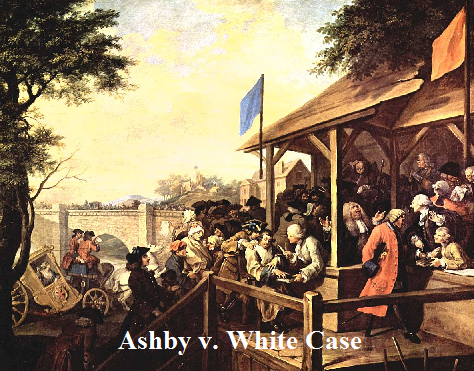Meaning of damnum sine injuria: Actual damage suffered without legal injury Meaning Word by Word: Damnum: Loss or damage Sine: Without Injuria: Injury to Private Legal Rights Explanation: The damage may be in form of money, service, physical hurt, loss of health or reputation and loss of comfort. According to this maxim, these are mere […]
Damnum Sine Injuria



